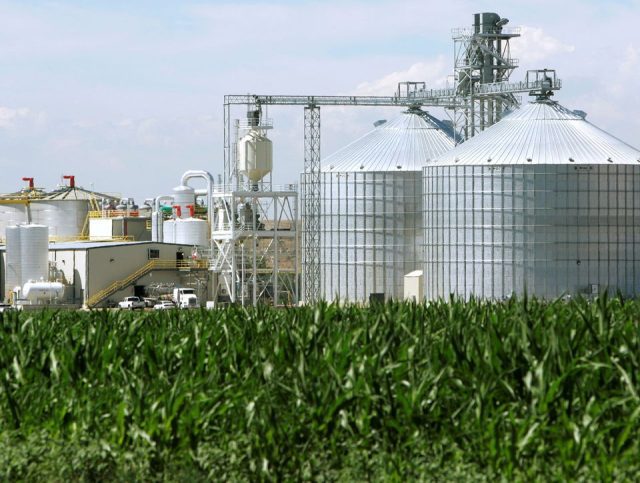The search for alternative gasoline is a constant and pressing one, and there are already lots of pilot projects out there in the attempt of finding a replacement.
But now a crucial substance so frequently used on the US market seems to have revealed that it is more harmful than straight gasoline.
The corn-based ethanol which for years has been mixed into gasoline in the US might be a bigger contributor to global warming.
A recent study published in the Proceeding of the National Academy of Sciences displays the harmful effects of corn-based ethanol and its threats to the environment.
The substance was previously considered a green biofuel, but now that the Biden administration has started to review biofuel policies, some new truths have resurfaced.
The study concluded that corn fuel cannot be categorized as biofuel and that ethanol can increase by up to 24% carbon emissions as compared to gasoline.
This results from the process of growing corn, which is more energy consuming and prone to contribute more to global warming.
“Corn ethanol is not a climate-friendly fuel,” said Dr. Tyler Lark, assistant scientist at University of Wisconsin-Madison Center for Sustainability and the Global Environment and lead author of the study.
“Under the U.S. Renewable Fuel Standard (RFS), a law enacted in 2005, the nation’s oil refiners are required to mix some 15 billion gallons of corn-based ethanol into the nation’s gasoline annually. The policy was intended to reduce emissions, support farmers, and cut U.S. dependence on energy imports.”
The study contradicts previous research commissioned by the U.S. Department of Agriculture (USDA) showing ethanol and other biofuels to be relatively green.















